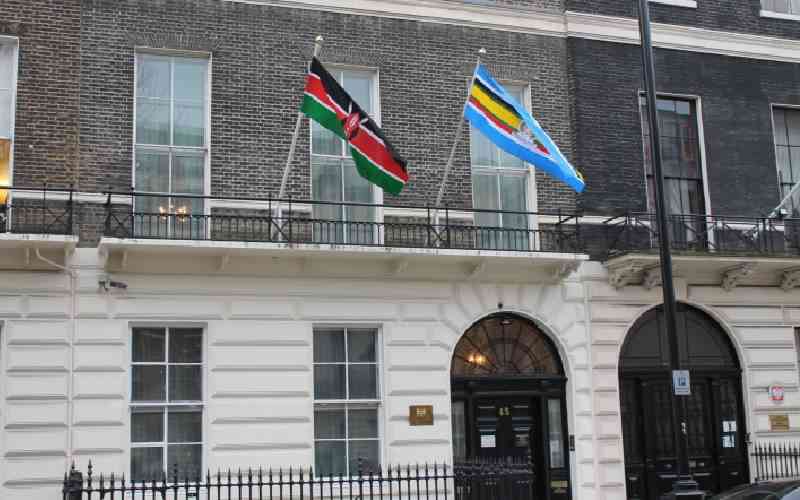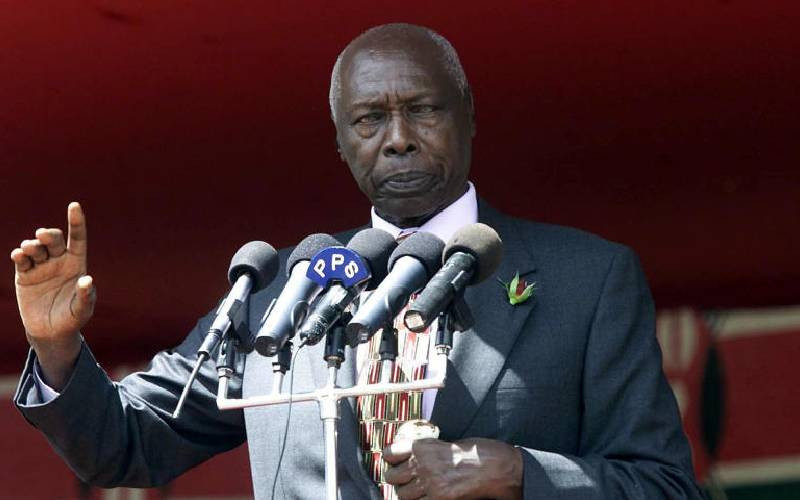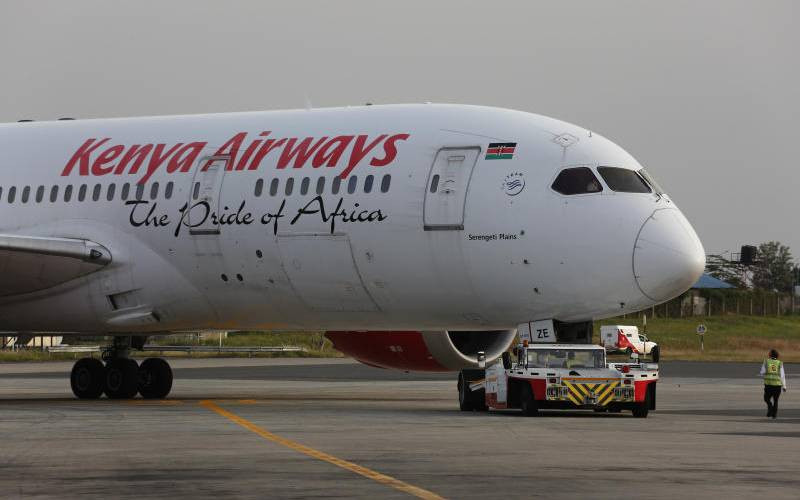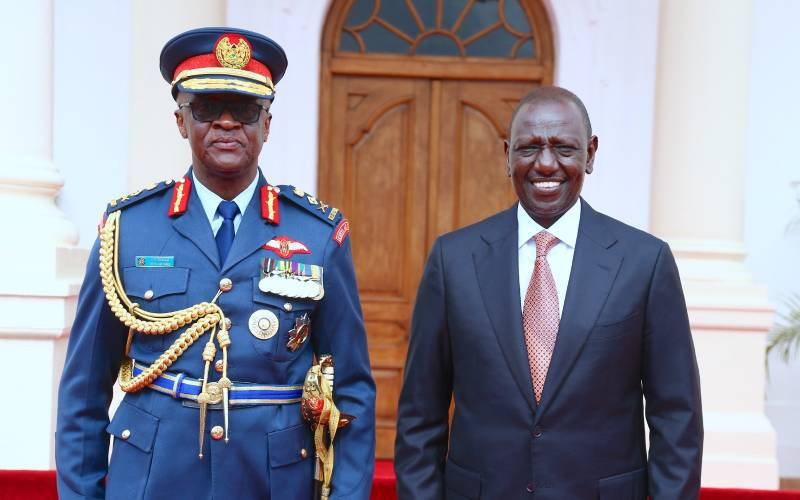Kenyans in the diaspora will import cars duty free from November. This reminds me of a time when university lecturers used to import cars duty free during the Kanu era.
One could ask why this favour is being extended to the diaspora.
The thinking could be that we need to attract these Kenyans back home to contribute to economic growth.
Other observers think this is an important political constituency, particularly if they will vote in 2017. Recall how political parties kept visiting the diaspora in the run up to last year’s polls.
The money they remit every year is another reason the Government is courting them.
Prominent relatives
Another little-talked about reason for courting Kenyans in the diaspora is that they are considered “superior” to the locals. You cannot meet Kenyan politicians, including the President, in Kenya the way you meet them in the diaspora, with minimal security and no reference to your socio-economic class. Don’t we also boast about our relatives abroad?
Some ask why the issue of dual citizenship made it into the Constitution when so few Kenyans own a passport. The diaspora has lots of prominent Kenyan relatives, and it must be taken care of both politically and economically.
So who are these Kenyans in the diaspora?
The first group consists of the affluent who went to school there because their parents could afford the fees. In North America, foreigners pay double or more than locals do in university. A few are on scholarships.
The second group consists of the hustlers who held harambees to go for further studies. Some studied by working at night and going to school during the day. Some fell by the wayside and left school, but used various means, from marriage to normal applications, to became permanent residents or citizens. The majority fall here.
The third group consists of Green Card winners or those who applied to immigrate, while the fourth consists of Gulf workers who rarely settle for good.
What is interesting is that the number of Kenyans in the diaspora does not go up as quickly as expected. This is because their children usually become citizens of their adopted countries by birth. New immigrants usually drive population growth in these countries.
So what is their contribution to the Kenyan economy?
In a country with a high unemployment rate, any money sent to shore up the economy is welcome. That money is used for consumption or is invested.
Stay informed. Subscribe to our newsletter
I suspect that Kenyans in the diaspora are contributing to the skyrocketing prices of houses and land. A good example: a two-bedroomed house in London, Canada, which is about 200km from Toronto, costs CAD 300,000. That is a cool Sh24 million. With that money, you buy three three-bedroomed flats in Madaraka, which is less than 5km from the city centre.
But some argue remittances decrease our productivity as we wait for money from abroad.
This money also does not have as big an impact on the economy as it could because it is not pooled, it is sent piecemeal, with a lot lost in transfer charges.
IMPORTING IDEAS
The best contribution the diaspora can make, and that might be the Government thinking, is to bring home new ideas and new thinking espoused in innovation.
There are many great ideas that cannot be written, the so-called tacit knowledge. That is why firms poach workers; for such ideas. That is why managers are paid so much money; because their way of working is hard to codify or copy.
However, we have not been good at importing ideas from abroad unless they are political. How did it take Nairobi 100 years to number buildings on the streets when the first President of Kenya and the third must have had physical addresses in the UK? The fourth President must have had an address in Amherst, USA.
We have political positions copied from the US, and our 8-4-4 system was a Canadian importation. However, we are unable to import tacit knowledge. Do we know the exact role of senators and governors in the US or Canada?
We are now getting new driving licenses and number plates so that we can add demerit points. Are our roads and police officers ready for this? Incidentally, the police service is hard to change because you rarely can employ foreigners to change the thinking.
In the last 50 years, we have imported ideas that have not taken us far. Could bringing people home make a difference? India and Singapore have tried this successfully. Their diaspora has spawned new ventures and gotten lucrative jobs — an Indian heads Coca-Cola and Harvard Business School.
Will Kenyans at home feel the returnees are taking over their jobs? Will the returnees be allowed to try new ideas? Resistance to new ideas after returning often frustrates anyone who has lived abroad. With time, they toe the line and sadly become like others.
As we incentivise the diaspora to return, we must make the environment conducive for them to implement their ideas.
Professional qualifications
Interestingly, Kenyans have been returning even without duty-free cars, notes Sam Kiragu, an accountant turned academic in Canada.
“Most of the professional accountants who left the country are returning home after realising their skills are needed in our growing economy. These accountants are coming back equipped with international experience and professional qualifications. They are landing plum jobs in banks, audit firms, and so on. Other professionals in the diaspora should follow these steps.”
We can encourage the diaspora to return, but not at the expense of those who have been sweating to keep the economy running in their absence. Are we not equal? Can I get duty-free chalk?
The writer is at the University of Toronto on an intellectual
 The Standard Group Plc is a
multi-media organization with investments in media platforms spanning newspaper
print operations, television, radio broadcasting, digital and online services. The
Standard Group is recognized as a leading multi-media house in Kenya with a key
influence in matters of national and international interest.
The Standard Group Plc is a
multi-media organization with investments in media platforms spanning newspaper
print operations, television, radio broadcasting, digital and online services. The
Standard Group is recognized as a leading multi-media house in Kenya with a key
influence in matters of national and international interest.
 The Standard Group Plc is a
multi-media organization with investments in media platforms spanning newspaper
print operations, television, radio broadcasting, digital and online services. The
Standard Group is recognized as a leading multi-media house in Kenya with a key
influence in matters of national and international interest.
The Standard Group Plc is a
multi-media organization with investments in media platforms spanning newspaper
print operations, television, radio broadcasting, digital and online services. The
Standard Group is recognized as a leading multi-media house in Kenya with a key
influence in matters of national and international interest.








